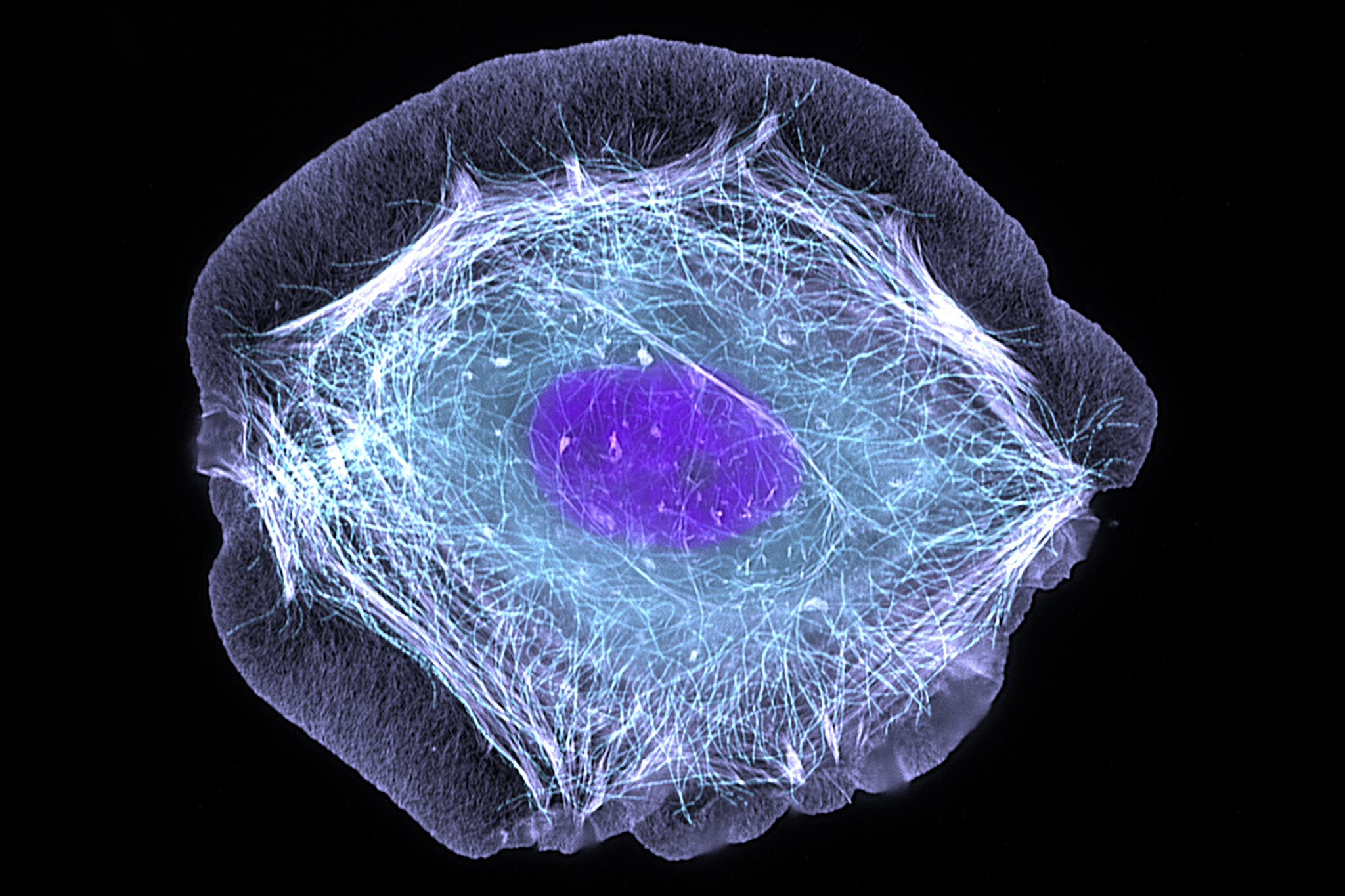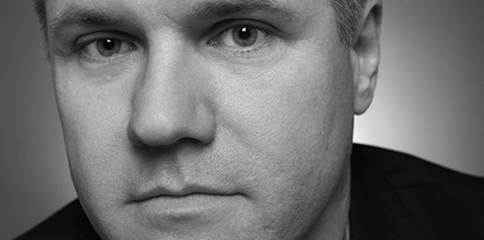During the Singularity Summit in Seville this year (12-14 March) I had the opportunity to interview Raymond McCauley, a world renowned biotechnology expert who holds the chair of the biotech track at Singularity University and was the founder of the Biocurious biohacking space. Raymond provided a very thought provoking speech at the SU Summit regarding the role that biotechnologies play in shaping the world economy and the recent advancements that are progressively putting biotech in a new and enticing light for business creation and opportunities. Indeed, when we asked Raymond about how biotechnologies are going to impact future startup and businesses, he explained that the change is already evident in the world around us. Already almost a third of the world business economy is comprised of biotech applications, medicine being an obvious player but also agriculture and even more intriguingly manufacture and energy are coming out with new and innovative ways to exploit this rather different branch of technology for their goals. And the rules of the game are changing as new entrepreneurs are capable of entering the field with little more then their proactivity and will. The times have changed from when you needed big corporations or academical institutions to back your initiative up with resources or costly machinery. Nowadays, thanks to technology’s advancements, the entry bar has been lowered and a democratization of biotechnologies is undergoing to let an increasing number of people, who would otherwise never have the chance to tinker with the biological, have the opportunity to be engaged in this emerging field. “We are in biotechnology now as we were with the computer revolution back in about 1970’ ”, explains Raymond. We are starting to see a sprouting community of biohackers who, like back in the day with the first personal computers, are settling in their garages to start their new business endeavor. But today’s garages are much more technologically advanced then they were in the 70’s, with pieces of equipment that once needed a big investment to bring in now getting cheaper and cheaper at almost an alarming rate, but enabling an ever broadening spectrum of researchers and curious people to dream up a solution to a certain problem, or even think of a future consumer application that could eventually in the future bring them entrepreneurial success.

As a base for any kind of innovation in this field, if not entirely a proceed-with-caution permission, there will have to be regulations surrounding the biotech scene. The potential harm that such applications could make if not fully researched and tested is enormous and, fortunately, we can already see regulators putting their hands forward and starting to analyze what is indeed yet a big mess of ideas. It is something of a social experiment where we can see how different regions at a fine or big granularity are trying to handle this problem, not only to block harmful, unrestricted research but also to provide the safe guidelines for R&D which will then result in the industrialization of safe products. There are institutions that give facilitations for higher education students to get into the research field and not being constricted to the fixed academic agenda. Also countries that give out grants for research in impactful fields such as energy and manufacturing where biotechnologies are showing up to be a new ground to test for true innovation and out-of-the-box thinking, and international cooperations also give the opportunity for big and small realities to form and take advantage of the resources to take ideas and solutions to the next level. Contributor: Cosimo Orban @cosimoorban (Photo credits: Skin Cell)
© RIPRODUZIONE RISERVATA
